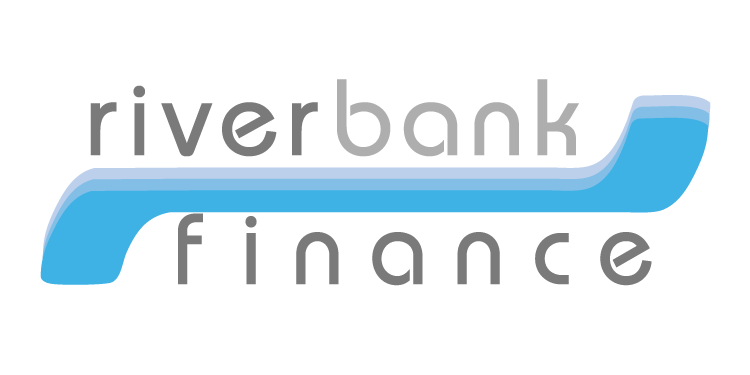
The History of Credit Scores
Credit reports and scores have played a large part in many Americans’ lives, but what do we really know about credit scores? Before the use of credit scores, it was up to lenders to decide whether a person would be granted a loan. This method was not always the best as lenders’ own personal biases would sometimes come into play. In the new age of credit, factors such as age, race, and religion are not allowed to be reported to the credit bureaus, which makes for a fair playing field.
What is a Credit Score
Credit scores are three numbers that tell a lender the borrower’s credit risk, basically can or will the borrower be likely to pay back the money. The three major bureaus, TransUnion, Experian, and Equifax, store data that has been collected from creditors, collection agencies, and other financial institutions. This information is then calculated into a score, the most common being the FICO score. The FICO score ranges from 300 to 850 with 850 being the best, but also almost impossible to obtain. The best way to increase your FICO score is to make sure you are paying your bills on time and to keep the amount you owe low.
How Does My Credit Score Help Me Get a Mortgage?
Having a good or excellent credit score is helpful when trying to apply for a mortgage. Here at Riverbank Finance, our loan officers will ask our clients about their credit scores to see if they qualify based on guidelines from our lenders. With your permission, our loan officers can immediately pull your credit from the three bureaus. This makes it possible for them to quickly determine whether you are preapproved for a loan or not. Being able to quickly pull credit helps to speed up the process.
What if My Credit Score is Too Low to Get a Mortgage?
If you were not approved for a loan because of your credit score there are still some things that you can do to improve your credit score and to get your dream home. As stated earlier the easiest way to increase your credit score is to pay your bills on time. When a lender sees that a person has had a bunch of late bills and bills that are in collections it tells the lender that the borrower may not be trusted to pay back the money loaned. So, get those bills paid on time!
Related: Buying a Home with Bad Credit
How to Improve Your Credit Scores
- Pay Bills on Time
- Pay Down Revolving Debt
- Build Long Term Credit History
- Dispute incorrect information
High credit card balances also hurt your credit score. To fix this, try and pay your balances off as low as possible and make sure that you are not using more than 20 percent of your available credit. Also make sure that you are using different types of credit accounts which can include mortgages, auto loans, student loans, and credit cards. The length of time that you have had credit can affect your score. You will want to keep the oldest line of credit that you have open and not open too many new ones. Finally, keep the number of hard inquiries into your credit score low! Although this only makes up a small percentage of your credit score every point counts!
What is the Minimum Credit Score Required for a Mortgage?
At Riverbank Finance, we are able to go as low as a 580 credit score for FHA Loans, VA Loans, and even some Zero Down USDA loans. This is great for those still trying to increase their scores! For conventional loans, we are able to take a 620 credit score and higher. Give us a call at Riverbank Finance and see if we can help you to improve your credit score today and move you into your dream home!

 800-555-2098
800-555-2098

